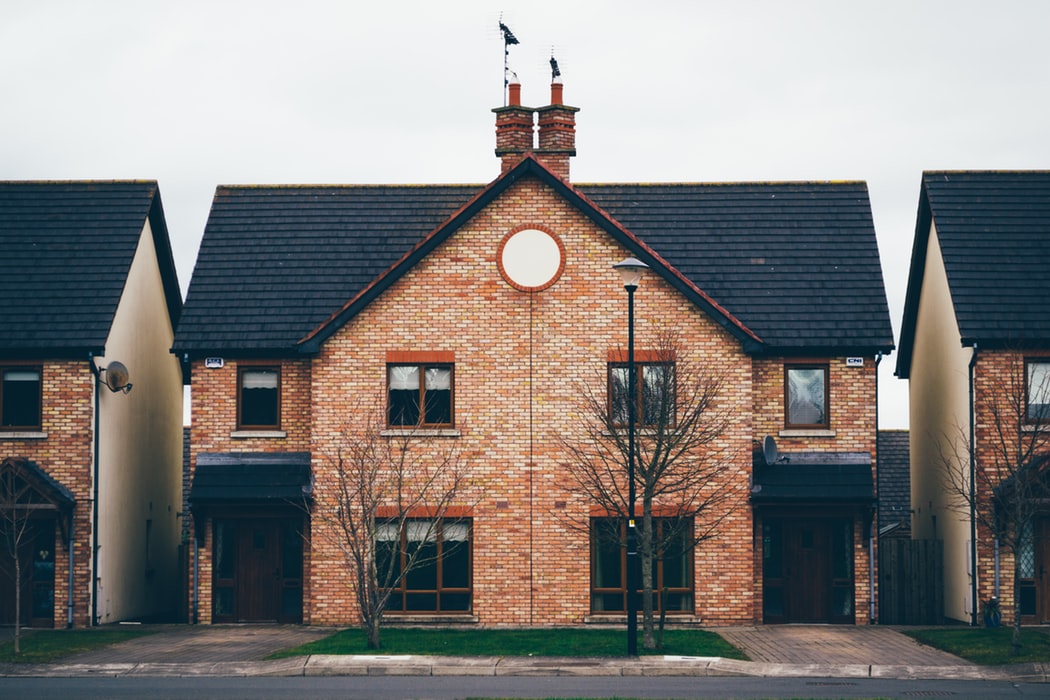Should You Buy a New Home or an Old Home? How to Decide
If it’s your first time buying a home, you probably wonder whether buying a new one or an existing one is better. Real estate agents will tell you that both have their pros and cons. Once you know them, you can determine which option works best for you. Here are the differences between buying a new home and buying an existing home.
Initial cost
The first major difference between these options is the cost. Buying a new house tends to cost more than buying an existing one. Add in the potential for upgrades you might want, and the price of a new house is even higher. With buying an existing home, there’s an opportunity for a high amount of savings throughout the life of your home loan. You also have more of an opportunity to negotiate a lower price. However, existing homes may have repairs and renovations that are needed, which in some cases could make it a higher overall cost compared to a new home. In general, most new houses don’t need any major repairs for at least five to seven years. And many major repairs that are needed are likely covered under warranty.
Energy efficiency
When it comes to energy efficiency, newer homes are better at this than older homes. They usually have better insulation, newer building materials, and more advanced technology. In fact, 48% of buyers interested in new homes cite “energy-efficiency” as the feature they desire most. More often than not, older homes will need renovations to be more energy efficient.
Insurance
The insurance is generally more affordable with newer homes. Older homes are not always up to current standards, making the insurance more expensive. If you’re buying a home that’s in a crime-ridden location and in poor condition, it could be hard to even get insurance
Property taxes
Between an older and a newer home, an older one will often have less property taxes. But it’s important to know how the rates are changing over time. Also, be mindful of any major municipal protects that might increase the property tax rates in the future.
Location
You may have never realized it, but the location for newer and older homes can vastly differ in circumstances. Homes that are older are usually in communities that have been established. This means they are closer to schools, shopping centers, and places of work. With old homes, you have more flexibility to pick an area of town based on what your preferences are. New homes tend to be built in communities that are developing. There’s a potential you might have to tolerate daily construction work in the area for a time period. New homes are also generally outside of the city center, which could put you far away from the nearest shopping areas.
Whether it’s old or new, buying a home requires considering many different factors. Factors considered should include things like cost and location. Weighing all of these pros and cons will help you determine the best choice of home you should buy.

